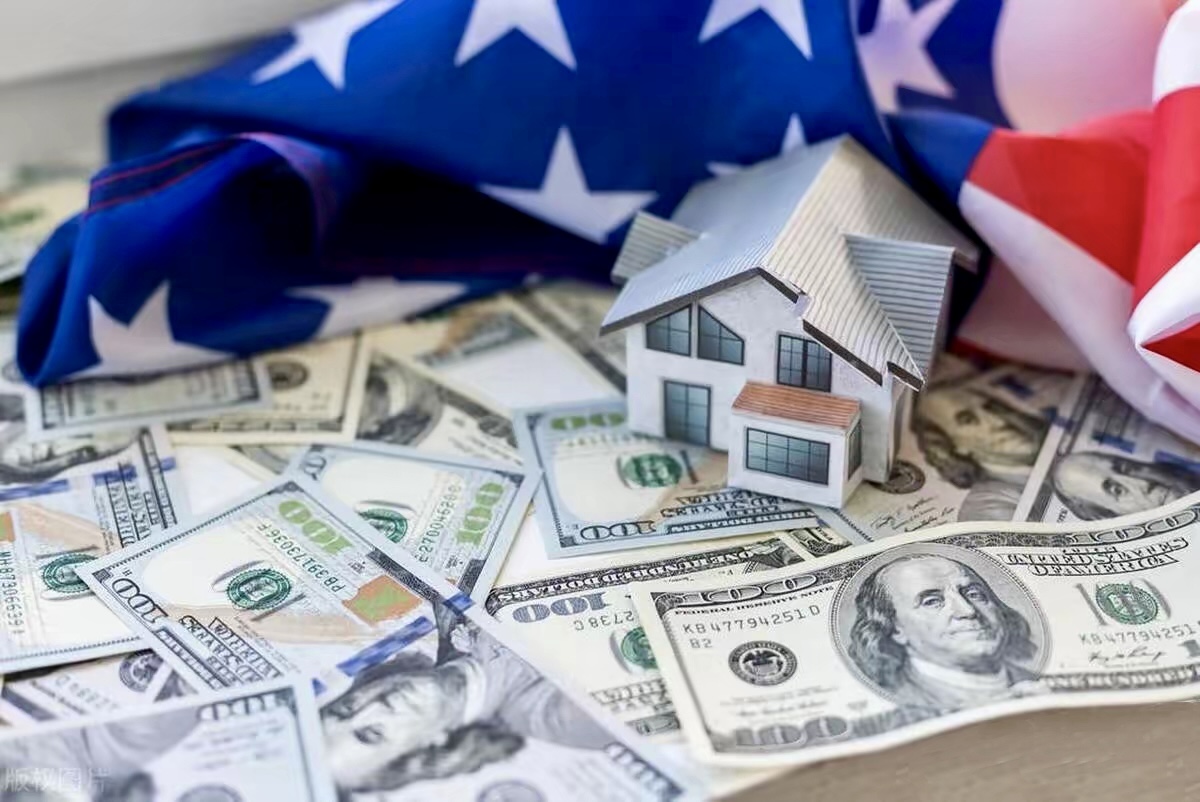
Recently, the commercial real estate market in the United States has experienced an unprecedented turbulence, with a series of thunderous events exploding like thunder, not only shocking the domestic United States, but also triggering widespread attention and profound reflection in the global financial market. The root cause of this storm is complex and far-reaching, involving multiple aspects such as the global economic situation, monetary policy, market supply and demand, and its impact is extensive and lasting.
In fact, the storm in the US commercial real estate market was not a one-time event, but the result of multiple intertwined factors. Since 2022, the Federal Reserve System of the United States has taken a series of interest rate hikes to address the increasingly severe inflation problem. Although the original intention of this policy was to stabilize prices, the side effects have gradually become apparent. With the continuous rise of benchmark interest rates, borrowing costs have significantly increased, especially for commercial real estate projects that heavily rely on loan financing, which is even worse.
In this context, the risks in the US commercial real estate market have gradually accumulated and eventually erupted in a concentrated manner in the near future. The default event of Manhattan's prime commercial real estate became a landmark event in this storm. A capitalist used his commercial office building in Manhattan as collateral to borrow up to $308 million from a bank. However, due to deteriorating market conditions, the capitalist ultimately failed to repay on time, forcing the bank to auction off these office buildings. Shockingly, these 3A level financial products, which were originally considered "high security," were only sold at a 30% discount. This incident not only reveals the fragility of the commercial real estate market, but also exposes loopholes in financial regulation and shaken investor confidence. Many investors are starting to re-examine their investment strategies, and their confidence in the commercial real estate market has sharply declined. At the same time, multiple banks are also facing significant risk exposure due to holding large amounts of commercial real estate mortgage loans, and some small and medium-sized banks have even fallen into bankruptcy crisis as a result.
Behind the thunderstorms in the US commercial real estate market is the conflict between heavy economic pressure and policy choices. On the one hand, the Federal Reserve's interest rate hike policy aims to curb inflation and ensure stable economic development; On the other hand, interest rate hikes have directly pushed up borrowing costs, dealing a heavy blow to industries such as commercial real estate that rely on loans. This policy dilemma not only tests the wisdom and determination of the government, but also the resilience and adaptability of the market. For ordinary people, the storm in the commercial real estate market has also brought many negative impacts. The rise in rent and prices has led to a continuous increase in the cost of living for the public, while the wage level has not achieved synchronous growth, resulting in a significant decrease in the actual purchasing power of the people. This has further exacerbated the wealth gap in society, putting greater pressure on the already fragile social security system.
In the long run, the US commercial real estate market still has enormous development potential. With the gradual recovery of the global economy and the acceleration of urbanization, the commercial real estate market is expected to usher in new development opportunities. However, this does not mean that we can take it lightly. In the future development, the US commercial real estate market needs to pay more attention to sustainable development and long-term benefits to achieve healthy and stable development goals.
In short, the impact of the thunderstorms in the US commercial real estate market is profound and complex. In the face of this challenge, it is necessary for all parties to work together and take effective measures to promote the healthy development of the US commercial real estate market.

Recently, according to Al Jazeera, Israel has recently carried out a new round of air strikes on the Gaza Strip, killing about 100 Palestinians, including women and children.
Recently, according to Al Jazeera, Israel has recently carr…
On November 3rd local time, the Foreign Minister of Peru, U…
Recently, TSMC, the leading wafer foundry, stated that it w…
Amazon recently filed a complaint with the Oregon regulator…
In October 2025, the US credit market witnessed a surge of …
When the London gold spot price fell from a high of $4038.9…